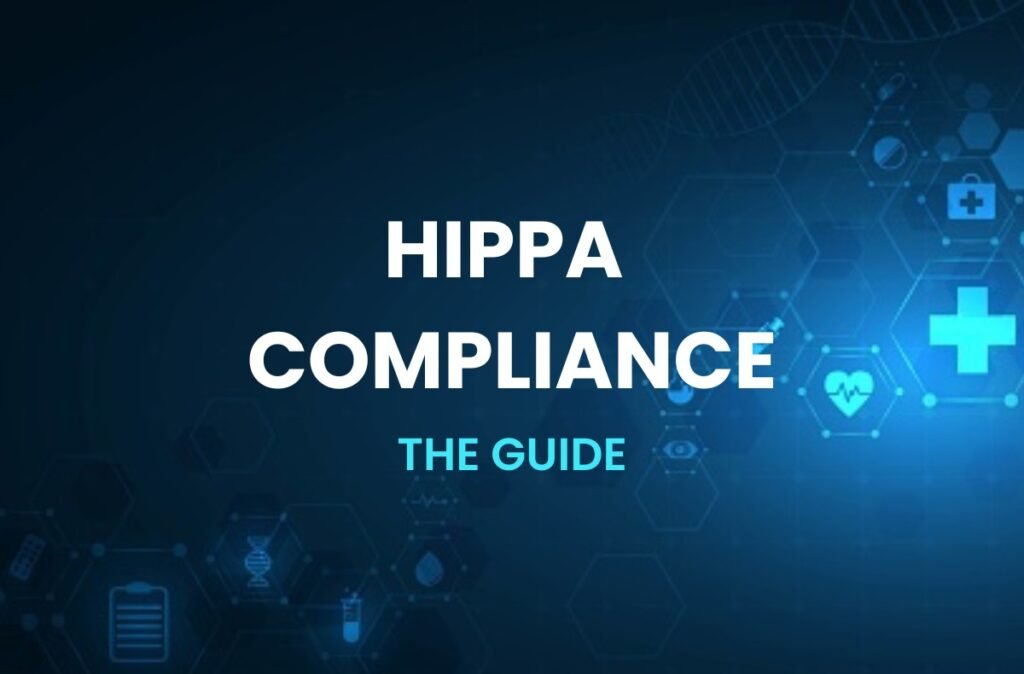Introduction
The Health Insurance Portability and Accountability Act (HIPAA) is a pivotal piece of legislation that has shaped the landscape of healthcare data management in the United States. For health technology companies, adherence to HIPAA standards is not only a legal obligation but also a critical component of patient trust and safety. In an era of rapid technological advancements in healthcare, understanding and implementing HIPAA compliance is more crucial than ever.
The Importance of HIPAA in Health Technology
Protecting Patient Privacy
The Health Insurance Portability and Accountability Act (HIPAA) plays a crucial role in the realm of health technology by setting the standard for protecting sensitive patient data. As health technology companies engage in collecting, storing, and processing vast amounts of medical information, ensuring the confidentiality and security of this data is paramount. HIPAA establishes guidelines and safeguards to protect patient privacy, and its importance in health technology is multi-faceted.
- Legal Framework for Patient Privacy:
- HIPAA serves as a comprehensive legal framework that outlines the rights and protections afforded to patients regarding their health information. It establishes clear guidelines for healthcare providers, health plans, and health technology companies on how to handle and safeguard patient data.
- Confidentiality and Security Standards:
- HIPAA mandates specific confidentiality and security standards to safeguard electronic protected health information (ePHI). Health technology companies must implement measures such as access controls, encryption, and audit trails to ensure the integrity and security of patient data. Compliance with these standards is essential to protect against unauthorized access and data breaches.
- Patient Control over Health Information:
- HIPAA empowers patients with greater control over their health information. It provides individuals with the right to access their medical records, request corrections, and determine how their information is shared. This emphasis on patient autonomy is crucial in the evolving landscape of health technology.
- Data Breach Notification Requirements:
- HIPAA includes strict requirements for reporting and responding to data breaches. Health technology companies are obligated to notify affected individuals, the Department of Health and Human Services (HHS), and, in certain cases, the media, when a breach of unsecured ePHI occurs. This transparency is vital for mitigating the impact of breaches and protecting individuals’ rights.
- Encouraging Trust in Health Technologies:
- Compliance with HIPAA builds trust among patients, healthcare providers, and health technology companies. Patients are more likely to embrace and use health technologies when they are confident that their sensitive information is handled with care and in compliance with established privacy regulations.
- Legal Consequences for Non-Compliance:
- Non-compliance with HIPAA can result in significant legal consequences, including fines and penalties. Health technology companies that handle patient data must adhere to HIPAA requirements to avoid legal ramifications and protect their reputation in the healthcare ecosystem.
- Adaptation to Evolving Technologies:
- HIPAA has evolved to address advancements in health technology. The Health Information Technology for Economic and Clinical Health (HITECH) Act, enacted as part of the American Recovery and Reinvestment Act of 2009, strengthened HIPAA’s privacy and security provisions to align with the increasing use of electronic health records and digital health technologies.
In conclusion, HIPAA’s role in health technology is indispensable for protecting patient privacy, establishing clear standards for data security, fostering patient trust, and ensuring legal compliance. As health technology continues to advance, adherence to HIPAA guidelines remains a cornerstone for creating a secure and patient-centric digital healthcare environment.
Building Trust
Compliance with HIPAA helps build trust between technology providers and healthcare providers, patients, and other stakeholders. It demonstrates a commitment to safeguarding personal health information (PHI), which is essential in the healthcare sector.
Legal and Financial Ramifications
Non-compliance with HIPAA can result in severe penalties, including hefty fines and legal action. Beyond the financial impact, non-compliance can damage a company’s reputation and erode user trust.
How Companies Can Adhere to HIPAA Standards
Conducting Regular Risk Assessments
Regular risk assessments can help identify potential vulnerabilities in how PHI is handled and processed. These assessments are crucial for implementing safeguards and preventing data breaches.
Implementing Strong Security Measures
This includes encryption of data, both in transit and at rest, strong user authentication processes, and regular security training for employees.
Developing a Privacy Policy
A clear and comprehensive privacy policy should be in place, outlining how patient data is used, stored, and shared. It’s also important to ensure that patients understand and consent to these practices.
Ensuring Compliance in Third-Party Partnerships
When working with third-party vendors or partners, health tech companies must ensure that these entities also comply with HIPAA standards. This often involves drafting business associate agreements (BAAs) that outline the responsibility of each party in protecting PHI.
Challenges in Implementing HIPAA Compliance
Keeping Up with Technological Advancements
As technology evolves rapidly, ensuring that new products or services are in line with HIPAA can be challenging. Continuous evaluation and adaptation of compliance strategies are essential.
Training and Awareness
Regular training and awareness programs for employees are crucial in maintaining HIPAA compliance, particularly as the landscape of threats and vulnerabilities evolves.
Balancing Innovation and Compliance
Innovating while staying within the bounds of compliance requires a nuanced understanding of HIPAA regulations. Companies must navigate these waters carefully to innovate responsibly.
Conclusion
HIPAA compliance is a critical consideration for health technology companies. By adhering to its standards, companies not only abide by the law but also demonstrate their commitment to protecting patient privacy. As the health tech industry continues to grow and evolve, maintaining robust HIPAA compliance will be key to building and sustaining trust in health technology innovations. This commitment to compliance is not just a legal necessity but a cornerstone of ethical business practices in the healthcare sector.



